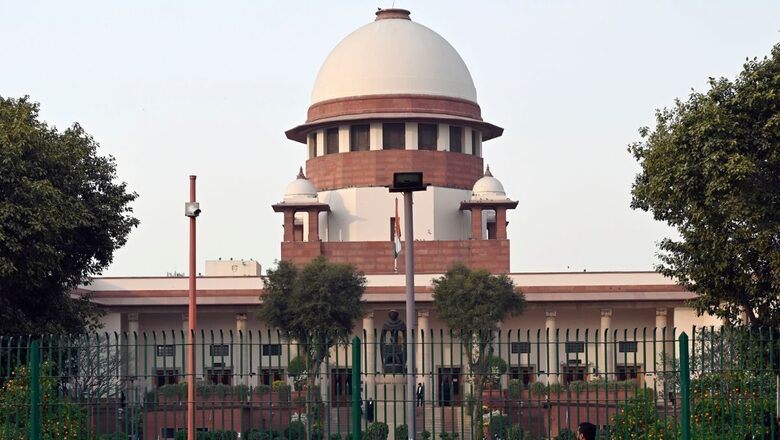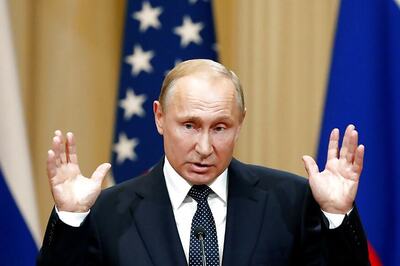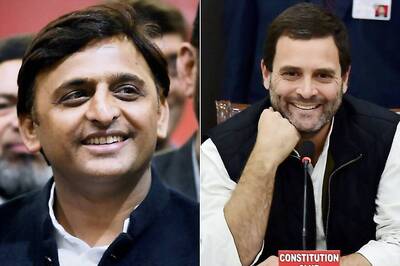
views
The Supreme Court on Friday pulled up the Delhi government over the worsening air quality in the national capital and told it to perform its duty and not shift the burden onto the court when it comes to implementing measures to reduce pollution. The court made it clear that the decision on introducing the odd-even car rationing scheme has to be taken by the government.
The bench headed by Justice Sanjay Kishan Kaul, which was hearing a bunch of pollution-related matters, congratulated the government for the overnight rain that had led to a rapid improvement in Delhi’s air quality and cleared the suffocating haze lingering for more than 10 days.
Referring to intermittent rain in Delhi and its satellite cities, which brought down air pollution levels, Justice Kaul said: “On the lighter side, what the population has to do is to pray only,” adding that sometimes rains come and that helps. “God may have heard the prayers of people and intervened, no thanks to the government,” he said.
After the day’s proceedings in the SC, environment minister Gopal Rai said the Delhi government has postponed the implementation of the odd-even car rationing scheme as there has been a notable improvement in the air quality due to rain. He said the government will review the situation after Diwali and a call on the odd-even scheme may be taken if there is a sharp increase in pollution levels. The government had earlier announced that it will implement the odd-even scheme a day after Diwali from November 13 to 20, when air pollution is likely to peak.
Justice Kaul said the court had nothing to do with the odd-even scheme and it had never said it should also apply to taxis entering Delhi from the adjoining states. While hearing the matter on November 7, the top court had questioned the effectiveness of the scheme following which Rai had said it will be implemented only after the SC has heard the matter and issued an order.
What the SC said about odd-even scheme
The counsel representing the Delhi government said taxis from adjoining states were required to be allowed into the national capital as commuting will become a major problem otherwise. Lakhs of people working in Delhi live in cities like Noida and Gurugram in Uttar Pradesh and Haryana.
“I am agreeing with you. We never said that. Don’t try to non-perform and shift the burden onto the court. This is what is happening,” Justice Kaul observed.
“All we flagged was an issue that the amicus was saying that really this odd-even does not help. It has not proved to help. But you say now, we will implement odd-even and also implement odd-even on taxis. Did we ask you to implement odd-even on taxis? We did not ask you to implement it,” the bench said.
The counsel argued that the odd-even plan may not have a large mitigating effect on pollution, but even if it has a small impact, it will count. The lawyer said one of the major causes of pollution, as observed in studies, was traffic congestion on roads and odd-even helps decongest them.
“What you have to do, you have to do. We are not here to tell you what to do,” the bench told the lawyer. “You have to take a call tomorrow, you will say we told you to continue, not to continue and therefore, the pollution is because the Supreme Court has passed an order,” it said.
The Delhi government’s counsel told SC that a large number of older diesel vehicles have been banned due to rising air pollution. The counsel said studies showed the PM2.5 level got lowered by 13 percent on an average when the odd-even scheme was in force.
“What the amicus said, we have flagged. What you have to do, you do. Don’t tell us what you should do. But we are only flagging it that this is the minimal impact of it. You want to do, do whatever you want to do,” the bench said.
According to a 2018 study conducted by The Energy and Resources Institute (TERI), vehicular emissions contribute roughly 40 percent to the PM 2.5 pollution in the capital.
(With PTI inputs)




















Comments
0 comment